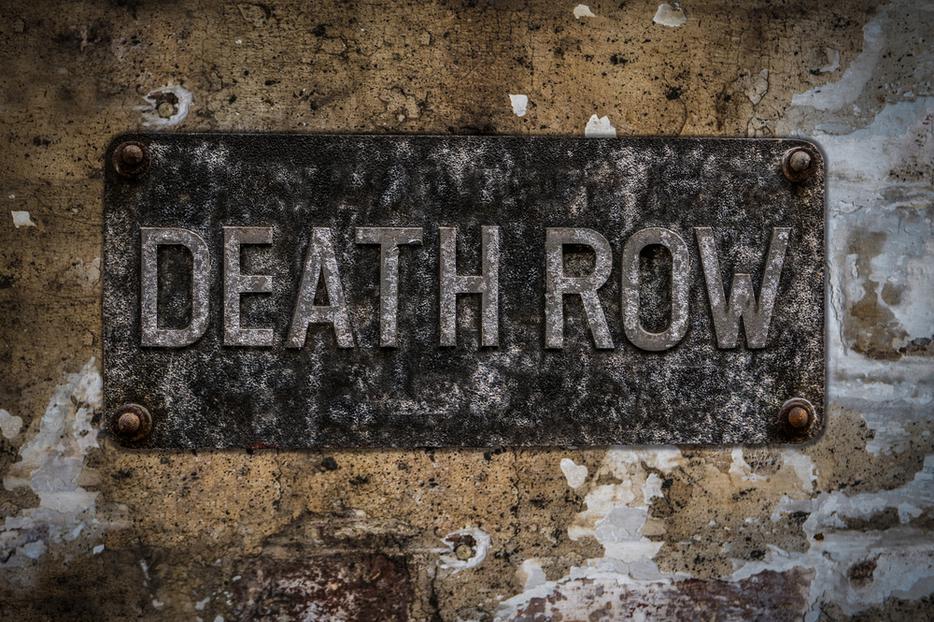Biden Administration Seeks the Death Penalty for Buffalo Supermarket Shooter
Gendron’s May 2022 shooting rampage resulted in 10 deaths, including that of Catholic Roberta Drury, and at least three injuries.

U.S. prosecutors are seeking the death penalty for Payton Gendron, the then-18-year-old man who in 2022 killed nearly a dozen Black shoppers at a Tops Friendly Market grocery store in Buffalo, New York.
In a court filing Jan. 12, Trini Ross, the U.S. attorney for the Western District of New York, informed the court and the defendant of the United States’ intent to seek the death penalty for Gendron’s crimes, in part because of the defendant’s expressed “bias, hatred, and contempt toward Black persons and his animus toward Black persons.”
Gendron’s May 2022 shooting rampage resulted in 10 deaths, including that of Catholic Roberta Drury, and at least three injuries. Authorities at the time called the shooting a racially motivated hate crime and said that the gunman specifically targeted the store because it is located in a predominantly Black neighborhood.
The federal charges Gendron faces following his July 2022 indictment include 10 counts of hate crimes resulting in death, three counts of hate crimes involving an attempt to kill three injured individuals, and one hate crimes count alleging that Gendron attempted to kill additional Black people in and around the grocery store.
New York state does not have the death penalty, and the state already separately sentenced Gendron to life in prison last February. Gendron’s public defense lawyers have said that he would plead guilty to all 27 federal charges, resulting in multiple federal life sentences, provided prosecutors did not seek capital punishment, the Buffalo News reported.
Bishop Michael W. Fisher of the Diocese of Buffalo at the time of the shooting condemned the “utterly senseless act” and urged Catholics to “pray for the victims and all those impacted by this act of cowardice.”
Gendron is not the first person to be condemned to death under the Biden administration, but the DOJ’s push for the death penalty in this case appears to be the first time that the DOJ has done so in a federal case initiated under the Biden administration.
In contrast to numerous states that use the death penalty, the federal death penalty has been applied relatively sparingly since being reintstated in 1988. After a period of nearly two decades without a single federal execution, former U.S. Attorney General Bill Barr, a Catholic, in July 2019 resumed the practice of federal executions, carrying out more than a dozen by the administration’s end. There are currently 40 prisoners on the federal death row, most of whom are imprisoned in Terre Haute, Indiana, according to the Death Penalty Information Center.
As a candidate for president, Joe Biden, a Catholic, called for the elimination of the death penalty. And in July 2021, U.S. Attorney General Merrick Garland issued a moratorium on federal executions while the Department of Justice conducts a review of its policies and procedures.
Although the department said no executions will take place while the reviews are conducted, the moratorium does not formally end federal executions and they could be legally resumed by this or a future administration. A White House spokesperson told Reuters this week that while the Justice Department makes sentencing decisions, Biden’s stance had not changed.
At least two major cases have resulted in death sentences during the Biden administration, however. In August 2023, a federal jury sentenced Robert Bowers, the shooter who killed nearly a dozen in an antisemitic 2018 massacre, to death. And in 2022, the Supreme Court reinstated the death penalty for Boston Marathon bomber Dzhokhar Tsarnaev after the Justice Department requested it in 2021 following Biden’s election.
The Catechism of the Catholic Church, reflecting an update promulgated by Pope Francis in 2018, describes the death penalty as “inadmissible” and an “attack on the inviolability and dignity of the person” (No. 2267). The change reflects a development in Catholic doctrine in recent years. St. John Paul II, calling the death penalty “cruel and unnecessary,” encouraged Christians to be “unconditionally pro-life” and said that “the dignity of human life must never be taken away, even in the case of someone who has done great evil.”
The bishops of the United States, citing Catholic teaching, have spoken frequently in the past in favor of life sentences for convicted murderers, even those who have committed heinous crimes. The bishops opposed the Trump administration’s decision to resume federal executions after a 17-year moratorium, which saw a total of 13 federal death row inmates executed by the end of that administration.
The Catholic Mobilizing Network (CMN), a national advocacy organization that demonstrates against the death penalty, has criticized the Biden administration’s pursuit of the death penalty while federal executions remain under moratorium, saying doing so sends “a mixed message” and that Catholics “can’t afford to divert our efforts toward perpetuating the cycle of violence through executions.”
- Keywords:
- biden administration
- death penalty
















